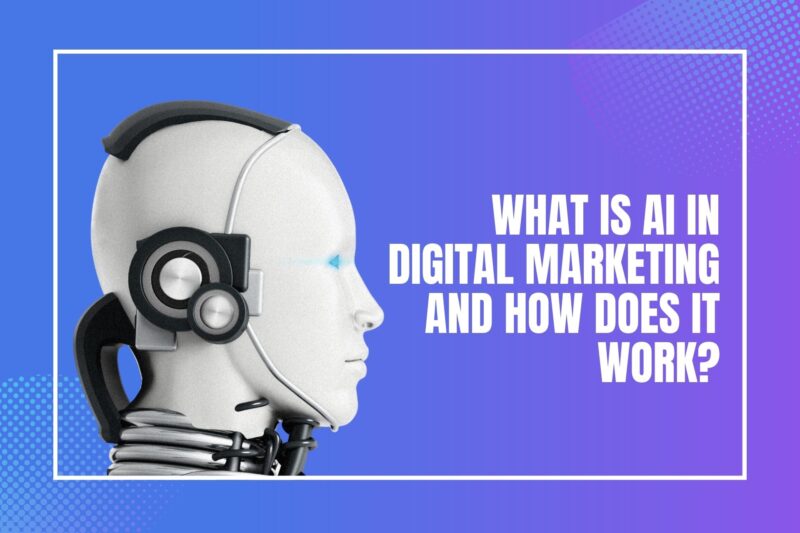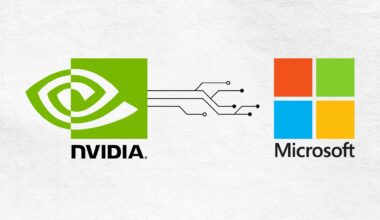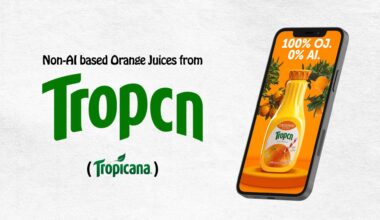Discover the role and functionality of AI in digital marketing. Learn how artificial intelligence revolutionizes marketing strategies to enhance performance and drive results
According to Statista, 86 percent of marketers are either exploring or already using AI in their marketing efforts. But what is AI? And how does it work? In this article, we’ll explore these questions and more.
What is AI in Digital Marketing?
Artificial intelligence is a technology that uses machine learning and pattern recognition to process information. AI software is able to learn from data and optimize its use for better results. For instance, AI can be used to automate repetitive tasks. Artificial intelligence has been used in many different industries, but digital marketing has seen the most success with it.
In digital marketing, artificial intelligence can help companies improve their outreach and increase engagement. The technology helps companies find new business opportunities or identify the most valuable customers for ads with higher conversion rates. With AI, you’ll be able to identify which types of content are most effective in reaching your audience and figure out which ads will perform best on social media platforms like Facebook and Instagram.
Some questions to ask when considering whether or not AI is right for your company:
– What are your goals?
– What will you get out of using AI?
– How much time will it take?
– What are the risks associated with this technology?
How Does AI Work in Digital Marketing?
Artificial intelligence is a type of machine learning which uses algorithms to learn from previous data sets. It is used for predictive analytics and decision-making. This technology allows for a more personalized experience on websites as well as automating actions that would have taken people time previously. AI has grown in popularity because it allows for more targeted marketing and has the ability to predict customer behavior.
There are many factors that determine whether or not you should use AI in your digital marketing strategies. One of these factors is whether or not the data necessary to create an algorithm exists in the first place. If you don’t have access to information like purchase history, preference data, or demographic information, it will be difficult to create an algorithm with enough accuracy. Even if you do have access to this data, there may still be errors in your AI-generated predictions because it relies on human input rather than a complete self-learning system. Another factor is if the change in strategy will cause a higher cost than what is anticipated with an AI model’s benefit of less labor and errors.
Benefits of AI in Marketing
Artificial intelligence is a collective term for software and hardware that’s used to complete tasks like data analysis, text processing, and pattern recognition. It can be used by companies in various ways, including business intelligence (BI), marketing automation, customer service, and more.
Some of the benefits of AI in marketing include:
– Increased accuracy
– Decreased time to market
– Higher ROI
– Better customer experience
– Reduced costs
– Improved user experience
As you can see, there are many benefits of AI in marketing. If you’re considering utilizing this technology in your digital marketing efforts, it’s important that you do so with caution. There are some risks associated with AI in digital marketing as well. For example, because of how complex AI is, it could create errors or cause an unexpected result if not properly implemented. You also have to consider potential privacy concerns when implementing AI into your business model. The bottom line? It’s important to do your research before implementing AI into your business models as there are risks and benefits involved with doing so.
Drawbacks of AI in Marketing
There are several drawbacks of AI in marketing. First and foremost, the technology is still developing. That means it may not be able to handle everything yet. For example, there could be a major change in Google algorithms that would affect your marketing strategies. There also might not be enough data to make use of the technology completely.
Additionally, AI can lead to bias as it is programmed by humans. Let’s say you’re trying to decide what ad campaign to run on Facebook: should you use a picture or text? This is a decision that is up to a computer algorithm. It may pick text because that means it will deliver better conversion rates than pictures do, or vice versa. This can lead to discrimination when it comes to implementing different ad campaigns based on skin color or gender identity for example.
Finally, AI can also be expensive and time-consuming as marketers need to get their hands dirty with coding and development in order to implement the technology effectively into their marketing strategy.
How to Implement AI in Your Digital Marketing
First, we’ll take a look at how AI can be used in digital marketing. In some cases, AI is being used to help retailers make intelligent decisions about their inventory, for example. In other cases, it’s being used to assess consumers’ preferences automatically so that they can provide the right products to the right people at the right time. This means there are lots of opportunities for you as a company or individual to leverage AI in your marketing efforts.
There are also some practical uses of AI within digital marketing. For instance, businesses can use machine learning algorithms to help identify trends and target customers more effectively. Additionally, marketers can access insights from AI within your data analytics software so that you can see which strategies are working and which ones aren’t.
There are plenty of Ai content writing tools available in the market to reduce the cost of content creation.








